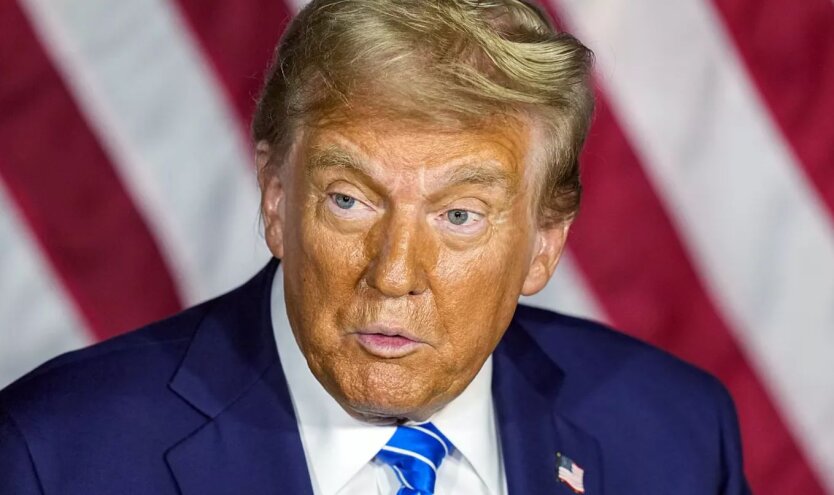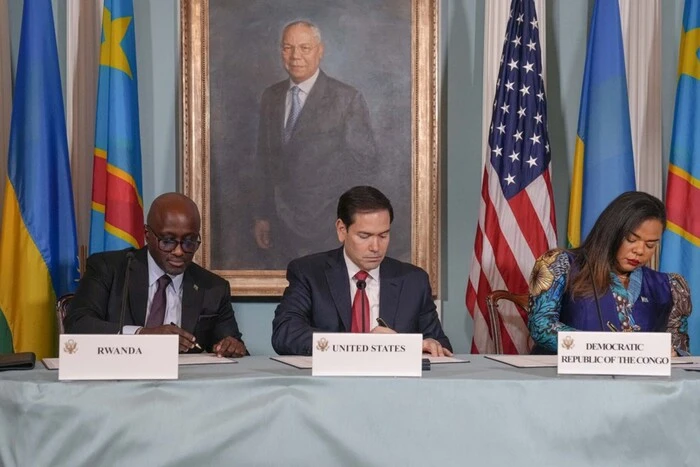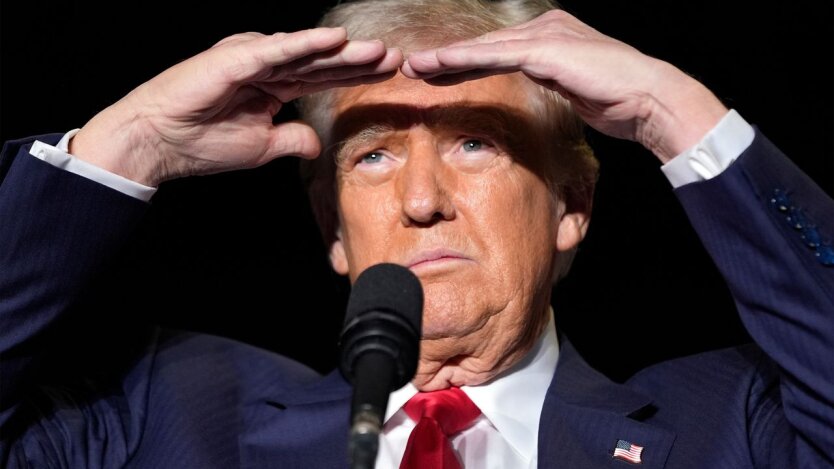Trump's approval rating has decreased: main reason.


President Donald Trump's approval rating in the United States has slightly decreased in recent days due to concerns among Americans about the economic state of the country and the threat of tariffs on imported goods.
According to a Reuters/Ipsos poll, 44% of respondents approve of Trump's job as president, which is slightly less than previously when that figure was 45%. It is worth noting that after Trump's return to the White House, his rating was 47%.
The share of those dissatisfied with Trump's presidency has significantly increased to 51%, compared to 41% after he came to power.
Trump's immigration policy is quite popular - 47% of respondents support his approach to deporting illegal immigrants. This figure has changed little over the year.
However, the share of Americans who believe the economy is heading in the wrong direction has increased to 53% compared to 43% in the previous poll. Support for Trump's economic policy has decreased to 39% from 43%.
Only 32% of respondents approve of Trump's actions regarding inflation. Recent data from the U.S. Department of Labor indicate the largest increase in consumer prices in a year and a half in January.
Regarding new tariffs, 54% of respondents oppose the imposition of tariffs on imported goods, while 41% support this measure. Concerning the increase in tariffs on Chinese goods, 49% support such a decision, while 47% oppose it.
The Reuters/Ipsos poll was conducted online among 4,145 adult Americans with a margin of error of approximately 2%.
Read also
- Suiciders on Motorcycles Break into the Rear and Exhaust the Armed Forces of Ukraine – The Times
- Zelensky Reveals Details of Conversation with Trump about Patriot and Negotiation Process
- Threat to Dnipro: Ukrainian Armed Forces reported the destruction of a Russian aerial target outside the city
- The Governor of Bryansk Region reported a nighttime drone attack
- Rwanda and Congo signed a peace agreement mediated by the USA
- End of Negotiations: Trump Sharply Changed Course in Dialogue with Canada on Tariffs










